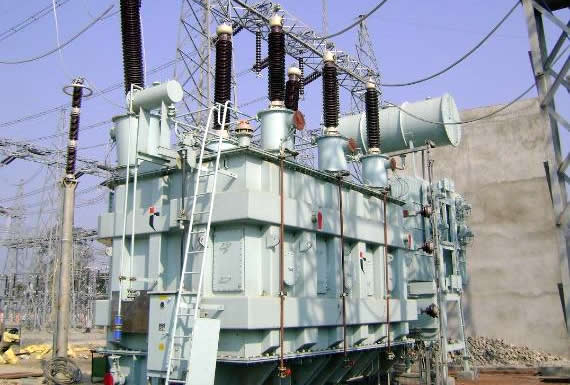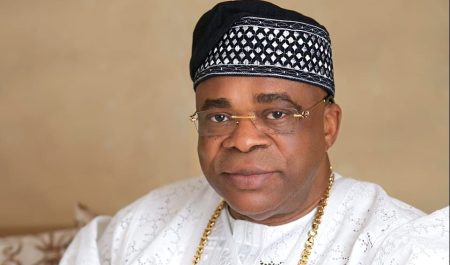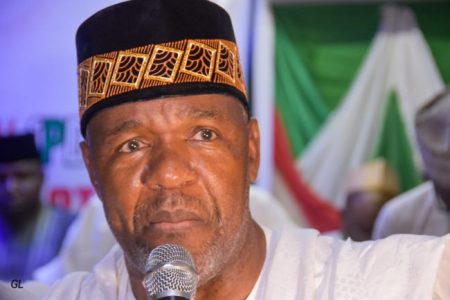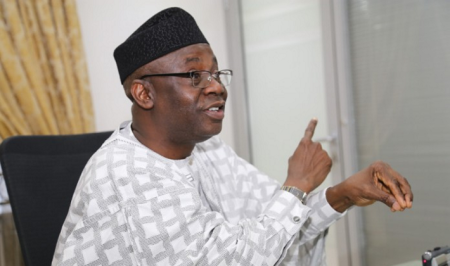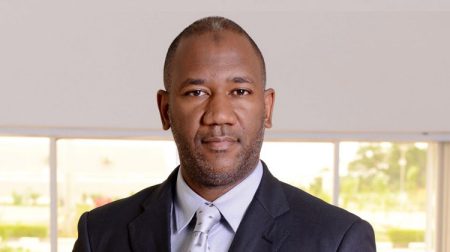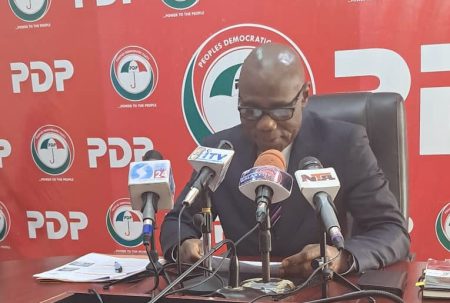The Enugu Electricity Regulatory Commission’s (EERC) decision to reduce electricity tariffs for Band A customers has sparked controversy and raised concerns about the financial stability of Nigeria’s power sector. The EERC’s justification for the tariff reduction hinges on the premise of a federal government subsidy for power generation, a claim vehemently disputed by power generation companies (GenCos). This disagreement centers on the EERC’s assertion that the federal government is subsidizing generation costs at N45 per kWh, leaving a significant gap between the actual cost of N112 per kWh and the amount recognized in the tariff structure. GenCos argue that this assumed subsidy is, in reality, accumulated debt, placing an unfair burden on them and jeopardizing the viability of the power sector.
The EERC’s tariff order, which reduces the Band A tariff from N209/kWh to N160/kWh, effective August 1, 2025, sets a concerning precedent for other states. The GenCos, represented by the Association of Power Generation Companies (APGC), argue that the EERC’s calculation fails to reflect the true cost of electricity generation. The APGC emphasizes that the purported subsidy is not a formal government policy but rather an accumulation of unpaid debts. This discrepancy between the assumed subsidy and the reality of mounting debt raises questions about the long-term sustainability of the EERC’s tariff structure and its potential impact on the financial health of power generation companies. The core issue lies in the EERC’s reliance on a non-existent subsidy to justify a tariff reduction, effectively shifting the financial burden onto GenCos.
The APGC contends that the EERC’s approach creates a dangerous precedent for other states, potentially leading to a cascade of similar tariff reductions based on unsubstantiated subsidy assumptions. This could further exacerbate the financial challenges faced by GenCos, who are already owed trillions of Naira in unpaid invoices. The APGC warns that such a trend could destabilize the entire power sector and deter much-needed investment. The EERC’s justification for the tariff reduction rests on a shaky foundation, potentially undermining the financial viability of power generation and jeopardizing the stability of the entire electricity market. The lack of a concrete, government-backed subsidy program raises serious questions about the EERC’s long-term strategy and its implications for the sustainability of the power sector.
The GenCos’ concerns are further amplified by the fact that the federal government’s allocated budget for electricity support in 2025 is significantly lower than the actual debt owed to them. The N900 billion earmarked in the budget falls far short of the N4 trillion owed to GenCos, representing a substantial shortfall in payments. This discrepancy highlights the disconnect between the EERC’s assumptions about government support and the actual financial realities of the power sector. The inadequacy of the allocated budget raises serious doubts about the EERC’s ability to sustain its tariff structure without further burdening GenCos. The limited government support underscores the need for a more realistic and sustainable approach to tariff setting that accurately reflects the costs of power generation.
The controversy surrounding the EERC’s tariff decision raises fundamental questions about the decentralization of power in Nigeria. The APGC questions whether the EERC expects the federal government to continue subsidizing electricity in Enugu State, even after the state has assumed control of its electricity distribution. Furthermore, the APGC raises concerns about the EERC’s approach to legacy debts and liabilities accumulated prior to the state’s takeover of electricity distribution. The APGC argues that the EERC should design its tariff structure to eliminate dependence on the federal government and create an attractive market for investors. The EERC’s reliance on a presumed subsidy, coupled with its unclear approach to addressing existing debts, raises concerns about the state’s ability to manage its electricity market independently and sustainably.
The situation in Enugu State reflects broader challenges facing Nigeria’s power sector, including the accumulation of substantial debts, the lack of cost-reflective tariffs, and the need for a more transparent and sustainable regulatory framework. The EERC’s decision to reduce tariffs based on unsubstantiated subsidy assumptions underscores the urgent need for a comprehensive review of tariff methodologies and regulatory practices to ensure the long-term viability of the power sector. The ongoing dispute between the EERC and GenCos highlights the need for clear communication and collaboration between stakeholders to address the complex financial challenges and ensure a stable and reliable power supply for the country. The EERC’s actions also raise questions about its understanding of the financial realities of the power sector and the potential consequences of its decisions on the broader Nigerian electricity market. A sustainable solution requires acknowledging the true costs of power generation and developing a tariff structure that balances the interests of consumers and the financial viability of power generation companies.





